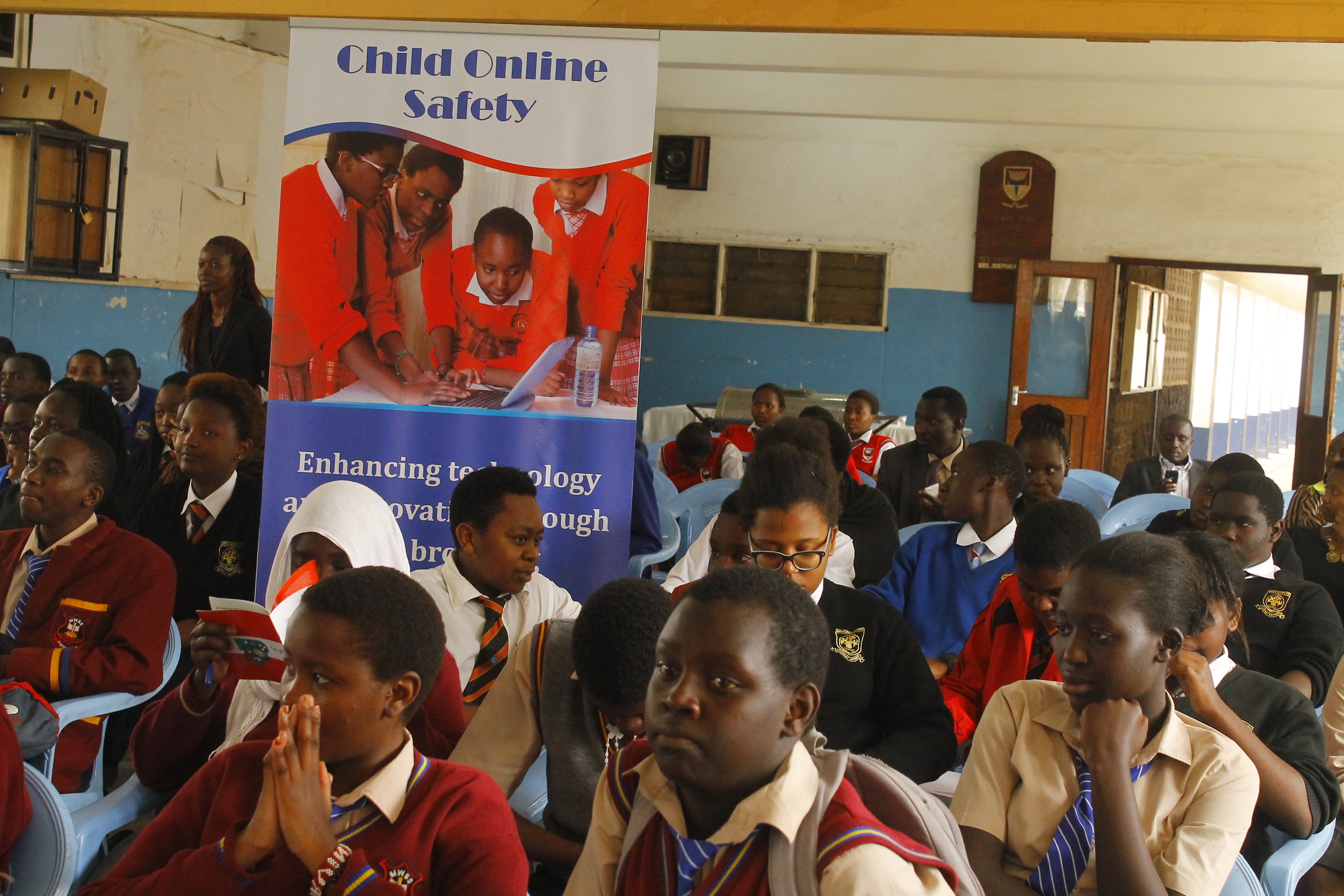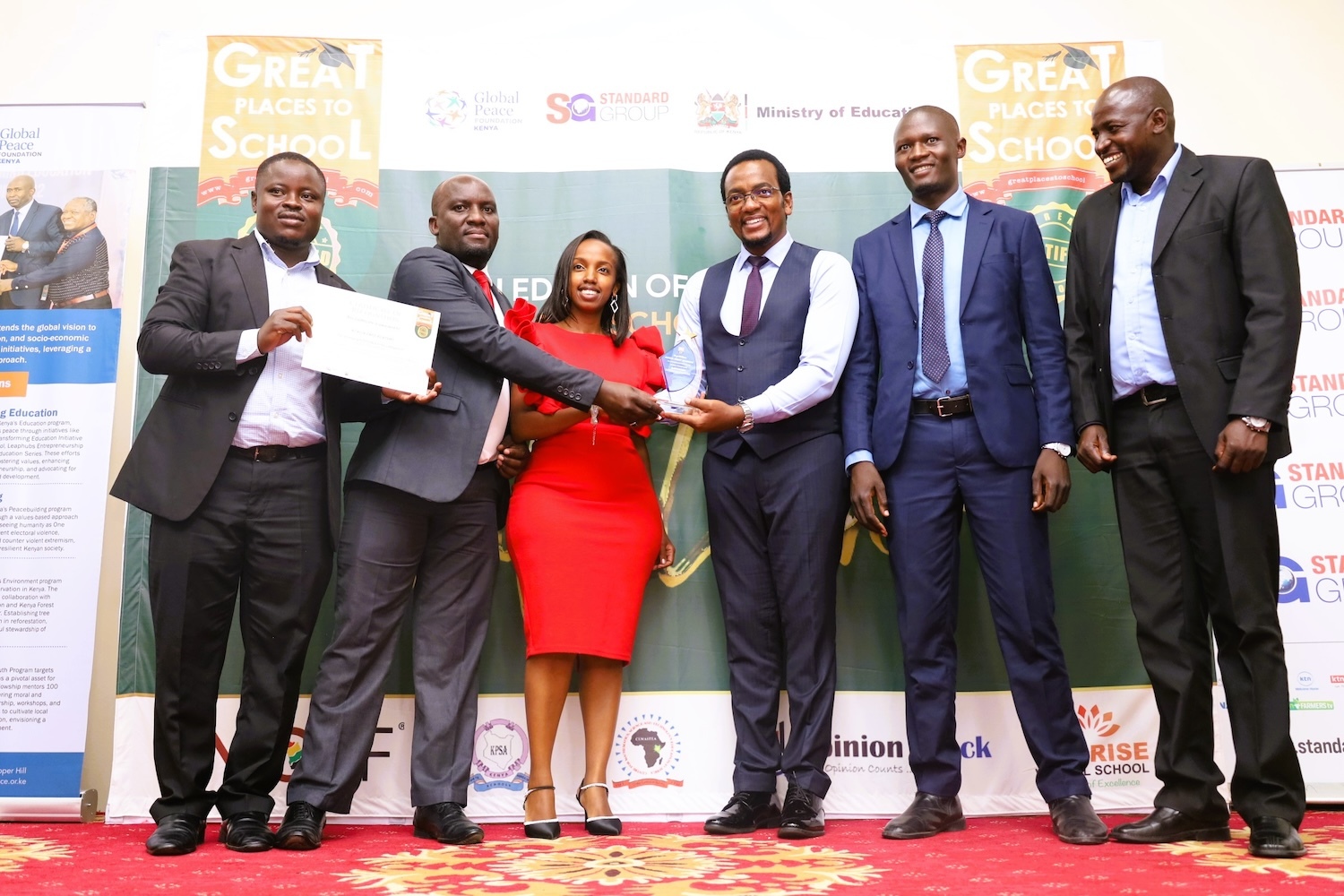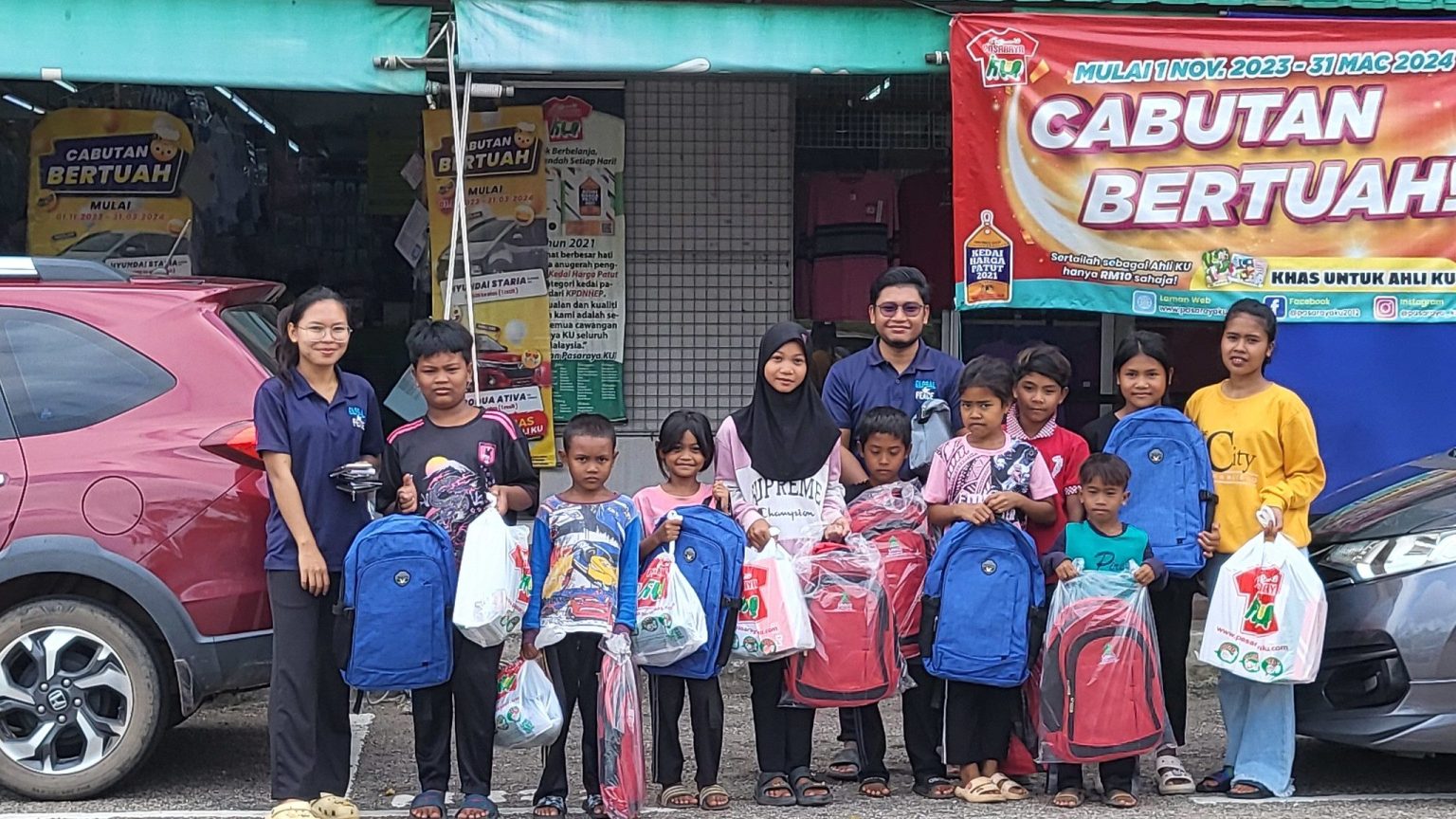The following op-ed is by Peter Blumberg, an Outreach and Peacebuilding intern with Global Peace Foundation who is also a student in Philosophy and Public Affairs at Claremont McKenna College.
By Peter Blumberg
The obstacles the new nation of South Sudan faces in constructing a federal government underscores the need for NGO engagement, such as the work of the Global Peace Foundation in Kenya supporting peaceful elections and inter-tribal respect and cooperation. Experts in the South Sudanese conflict [2011-present] addressed these challenges at a US Institute of Peace forum on June 18, 2019. Two representatives of the Enough Project, Mark Ferrulo and Brian Adeba, former South Sudanese “lost boy” refugee David Acuoth, and Dr. Morgan Simpson of Democracy International dissected specific obstacles South Sudan faces in trying to establish a federal government, as well as solving the issue of deeply ingrained political corruption.
Much of the discussion tackled necessary structural changes, including the infrastructure of oversight, as Mr. Adeba pointed out, by prioritizing “Institutions of Accountability.” A Board of Commissions, he said, could address issues such as corruption within the government, apportionment of funds and foreign aid, vetting of government leadership, as well as various other essential functions. Additionally, Mr. Adeba noted that “civil society [in South Sudan] has been powerful in advocating for itself,” showing that the general public can be a reliable institution of accountability for the government.
The South Sudanese community fails to hold their government accountable for a number of reasons, panelists noted. Armed groups control local communities, which deter people from publicly voicing their community’s needs. “You can’t have dialogue when the guns are still singing,” Mr. Acuoth said. Lack of an open community dialogue stalls success in solving some important issues, such as corruption within the government. As a result, community discussion has had to relocate to places such as social media and internet chat rooms.

Kenyan students participate in GPF online safety program to counter harmful and divisive online messaging towards youth
The problem with an internet-based community dialogue in South Sudan, he cautioned, is that it is unreliable. It enables false information to contribute to division among different South Sudanese regions. This false information is created and spread in obscure regions of the internet known as the “dark web.” Unfortunately, Mr. Acuoth said, the dark web has a powerful influence on the way South Sudanese people view their own society because of the lack of reliable sources of information.
Internet misinformation is not unique to South Sudan, with other regional nations trying to confront the issue. In 2016, Kenya was deeply divided because people do not know how to vet information on the internet. In response, the Global Peace Foundation initiated a program to promote responsible internet use across hundreds of Kenyan communities. The program, “Webrangers,” brought together educators, community leaders, and students to learn how to vet information and prevent biased or ungrounded narratives from becoming a part of the societal dialogue.
The Webranger program could also help a nation like South Sudan. Training South Sudanese community leaders and educators in responsible internet content consumption would be extremely valuable. These leaders would teach the people in their communities to ignore toxic, divisive narratives that try to instigate conflict. The people of South Sudan need to work together in order to hold the government accountable. Therefore, any path to establishing a responsible and effective government starts with removing sources of misinformation that continues to stimulate conflict and divisiveness.



